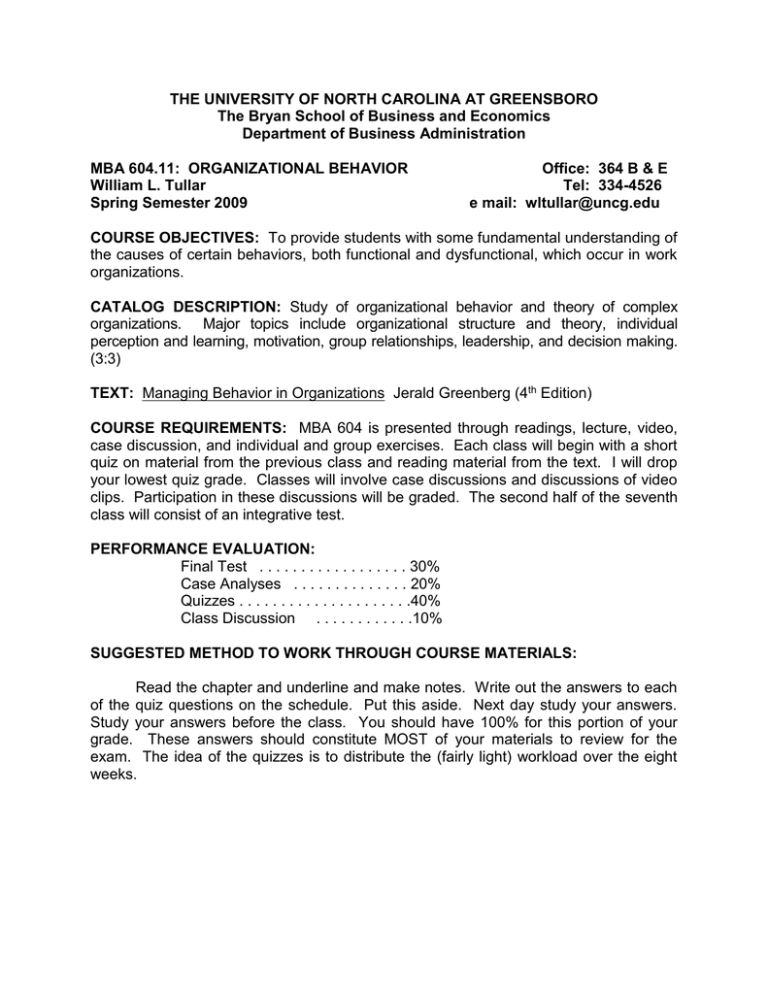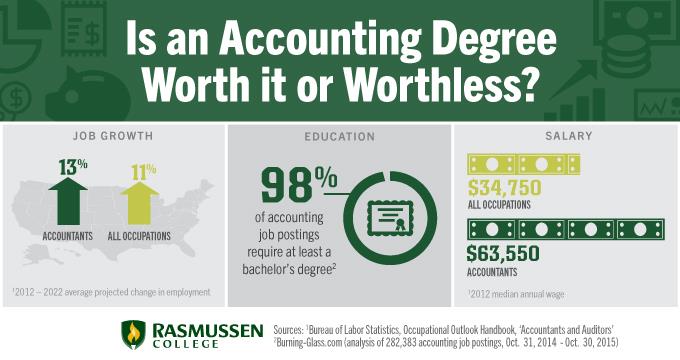
This isn’t to say that you should select a major solely based on how much money you can make, but it is definitely a consideration. In most cases, the higher education you receive, the higher your salary potential can be. Naturally, if you’re attending college to advance in your career, then you’ll want to consider your future earning potential. For example, at University of the People, our four programs are tuition-free, but you will have to cover the relatively low costs of exam fees. On the bright side, there are some affordable colleges where the program costs don’t vary greatly. This is because the required classes and length of study can vary.

Programs costs can vary based on one’s major. When the time comes to declare a major, you’ll need to consider these important factors: Photo by Muhammad Haikal Sjukri on Unsplash The upside of this setup is that you’ll get to explore general education classes and a variety of subjects, which can all impact your thoughts about specific subjects and play a role in choosing a major. This can provide one to two years of runtime before you will be ready to pick a major. Students can complete general education coursework before moving into major-specific coursework. Since most bachelor’s degrees require 120 units to graduate, and about 40-50 of them are within one’s major, there is some time you can spend learning before declaring a major. Others choose their major in the first few months or even years of school. Some students apply to college with the knowledge of their major. Since you spend time, money, and energy in school, you’ll want to consider your major seriously.ĭifferent students will declare their majors at different times. If you want to work in a profession, you’ll need to have the academic knowledge to either obtain the higher degree or apply for certain jobs. That being said, your future career could depend on your major. The average person changes their field of work two to three times in their lifetime. However, a major isn’t the end all be all of your entire future. You’ll spend the majority of your time in classes dedicated to your major, so it’s a good thing to choose something you actually enjoy learning about. This is what’s used to obtain a job in the field or apply to further higher education institutions for a master’s or doctoral degree.Ī major is important in the sense that it sets a foundation for your learning. Upon graduating, you receive a degree in said major. But, sometimes, it’s also possible for a student to design their own major for approval by the school. In many cases, students choose from their school’s list of majors. When you choose a major, then a majority of your classes will be within that subject so that you can become well-versed. Most colleges require students to complete general education before enrolling in higher division and major-specific coursework. Students can seek publication through related business journals.A major in college is a specialized area of study. Business majors may be required to write a thesis or major paper based on individual research that examines a business topic from a new angle or tackles a new business problem. Some business degrees require computer literacy courses in the form of computer science and programming instruction. Advanced business courses for upperclassmen include international trading money and banking public finance government and industry international finance statistical methods in business operations management supply chain management and a thesis or capstone. Macroeconomics deals with economy-wide issues like inflation, national income, unemployment, economic growth and decision-making of the whole world.

Microeconomics is the social science focusing on the implications of human decisions and deals with consumers, markets, firms and income distribution. Introductory courses typical for this degree are principles of micro and macroeconomics math for business and social sciences public speaking introduction to financial accounting technology problem-solving and marketing principles.


Areas of study that general business students will focus on include economics, accounting, management, marketing, finance, ethics and communications.


 0 kommentar(er)
0 kommentar(er)
